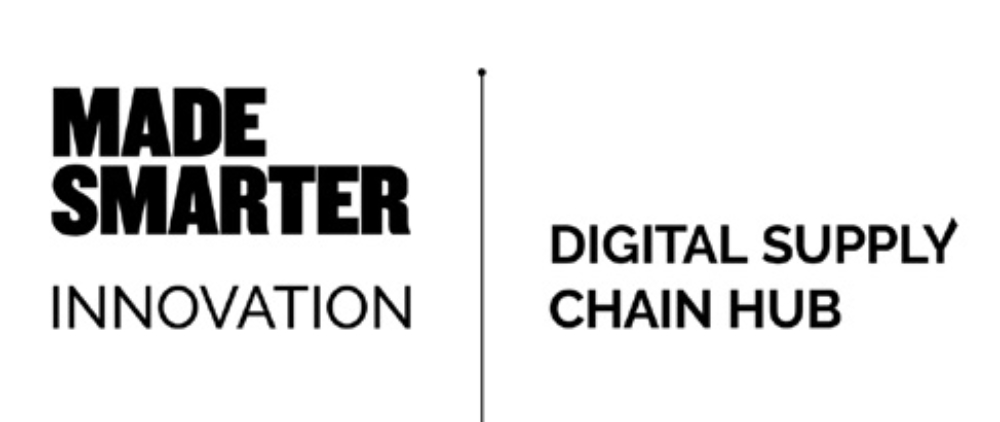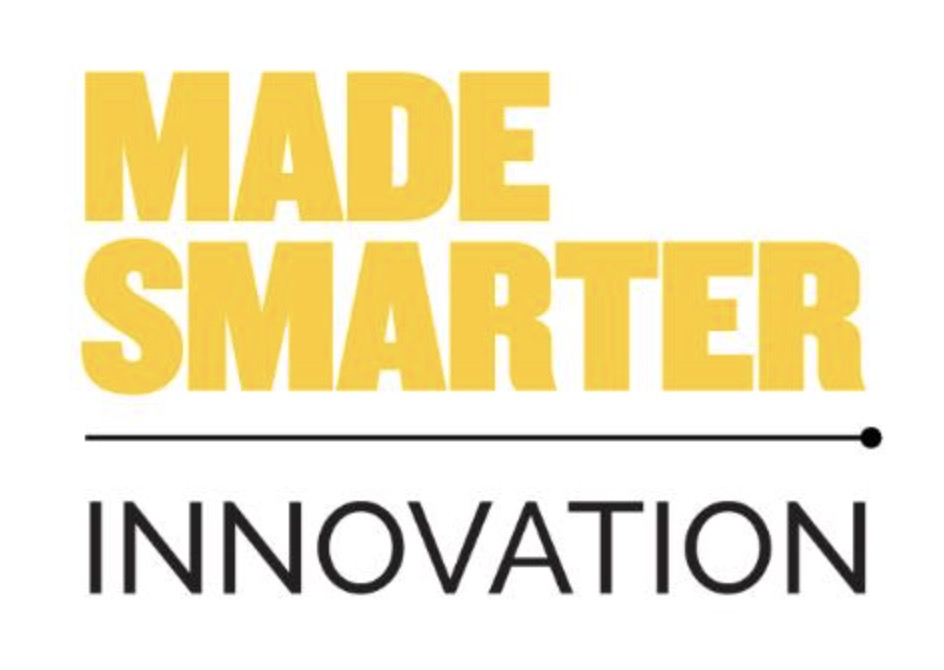Press releases
New solution set to decarbonise the UK’s transport-logistics sector
Digital Catapult, a deep tech innovation organisation, has announced the results of a pilot programme it delivered to address the environmental impact of empty trucks on roads across the country. The initiative trialled a new solution to decarbonise the transport-logistics sector, demonstrating a potential to cut CO2e emissions by 15-30%.
UK logistics play a critical role in driving economic growth, contributing £163 billion to the economy, and serving as a vital link between the UK and the global market. UK freight however accounts for 31% of all UK transport CO2 emissions, and statistics from the Department for Transport (DfT) show that 30% of trucks on UK roads are running with empty loads. The sector is under pressure to decarbonise without compromising on efficiency, and the pilot programme proved that deep tech can achieve this.
The pilot scheme was delivered by Digital Catapult in partnership with AF Blakemore & Son Ltd, the company behind SPAR convenience stores, to explore how a shared digital infrastructure could establish more intelligent vehicle slot filling, routing, and tracking. Scaling of the solution would allow competing logistics providers to safely share information on available truck space across their collective fleets, without the need for a single party to have full control or visibility of the entire system.
The solution was trialled in a real-world industrial environment, and saw distributed ledger technology (DLT) and the internet of things (IoT) combined with an algorithm developed by project partner Fuuse, to optimise route planning and truck use. It achieved this by matching vehicle transport capacity with shipment needs across multiple UK organisations, and saw a 37% decrease in overall transport costs and a 9% improvement in vehicle fill rate for AF Blakemore & Son Ltd, one of the UK's most successful family owned businesses.
The project, titled the Logistics Living Lab, is a UK Research and Innovation (UKRI) backed project, led by Digital Catapult and delivered as part of the Made Smarter Innovation | Digital Supply Chain Hub, which has so far helped over 40 startups and SMEs to secure more than £3 million in funding. This latest success is testament to the value of convening capabilities to strengthen supply chains in the UK, drawing on the expertise of partners and funders including Incept Consulting, Microsoft UK, Pairpoint and Parity Technologies.
The project's activities and outcomes are now detailed in a newly published report, which can be downloaded through the Digital Supply Chain Hub here.
Tim Lawrence, Director of the Digital Supply Chain Hub said: - “When we launched the Made Smarter Innovation Digital Supply Chain Hub three years ago, we knew the potential of deep technologies for UK supply chains, but as we begin to see the results of the flagship projects like the Logistics Living Lab, we can start to realise potential into impact. The solutions built through this unique industry collaboration deliver a triple benefit to the UK logistics sector by empowering the organisations that make up our complex supply chains, to become more efficient, reduce costs to improve their bottom line and make a lasting environmental difference to positively contribute to the future of the planet.”
Phil Roe, President at Logistics UK said: - “Decarbonisation is the biggest challenge of the age and the pressure on the logistics sector to play our part is significant. We must deliver this in line with our efforts to overcome challenges in trade, insufficient infrastructure and a shortage of skills. What the Logistics Living Lab project has demonstrated is that digital technologies and close industry collaboration can play a crucial role in accelerating the journey to net zero, allowing UK logistics businesses to focus on optimising their operations to contribute to boosting growth for the UK economy.”




